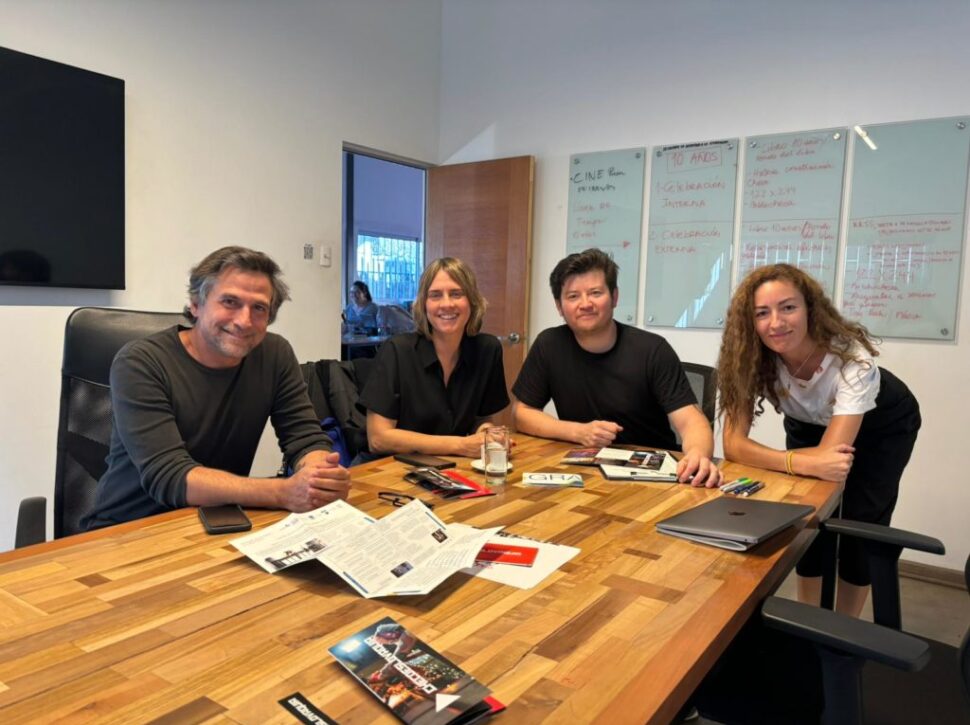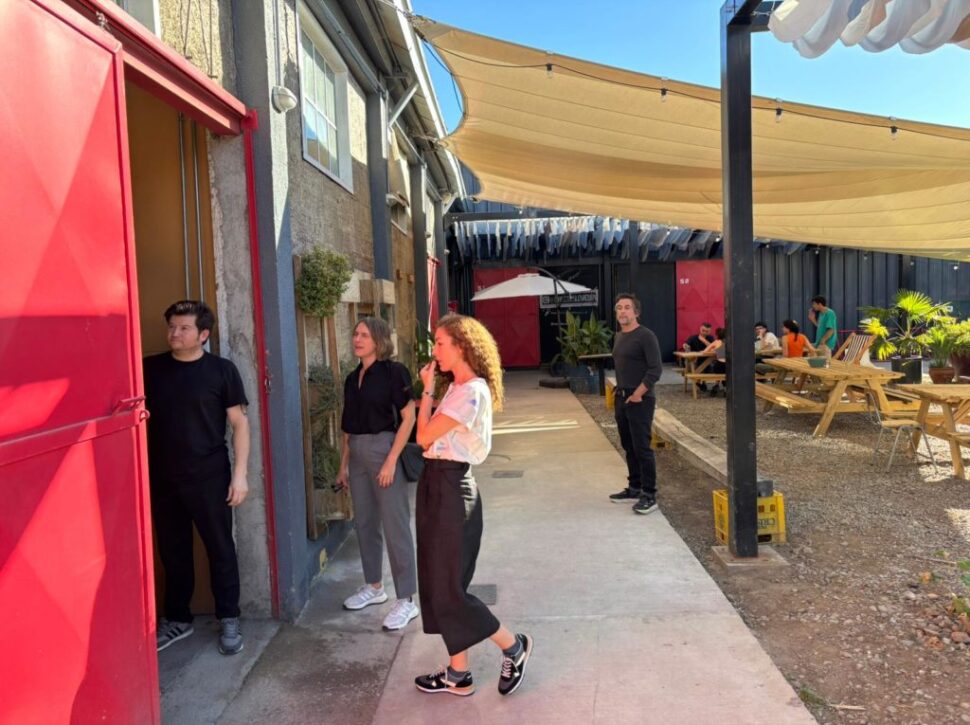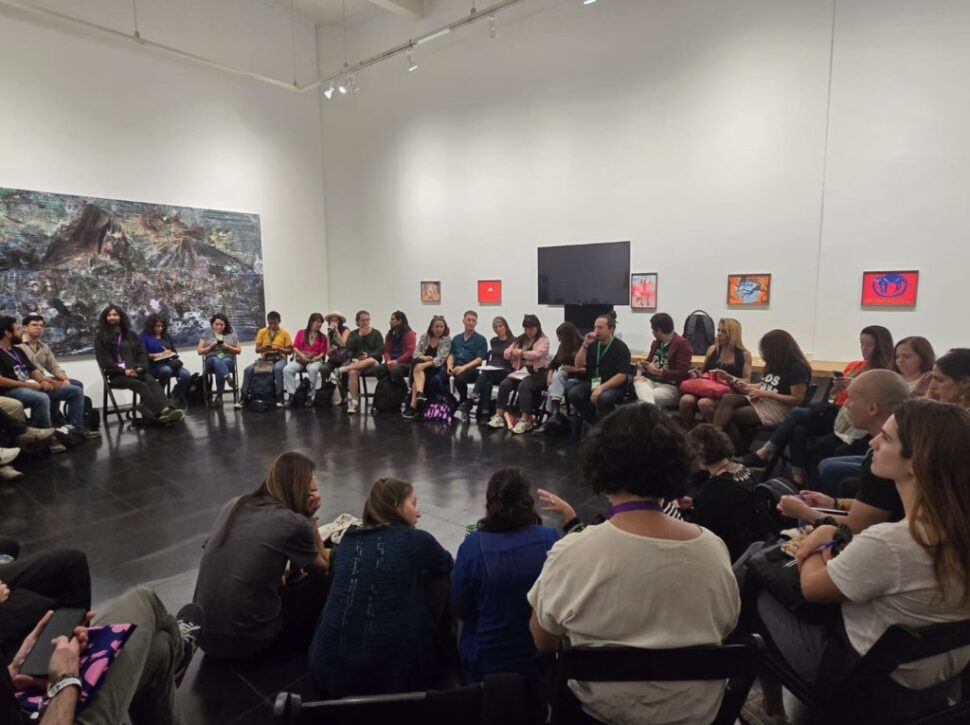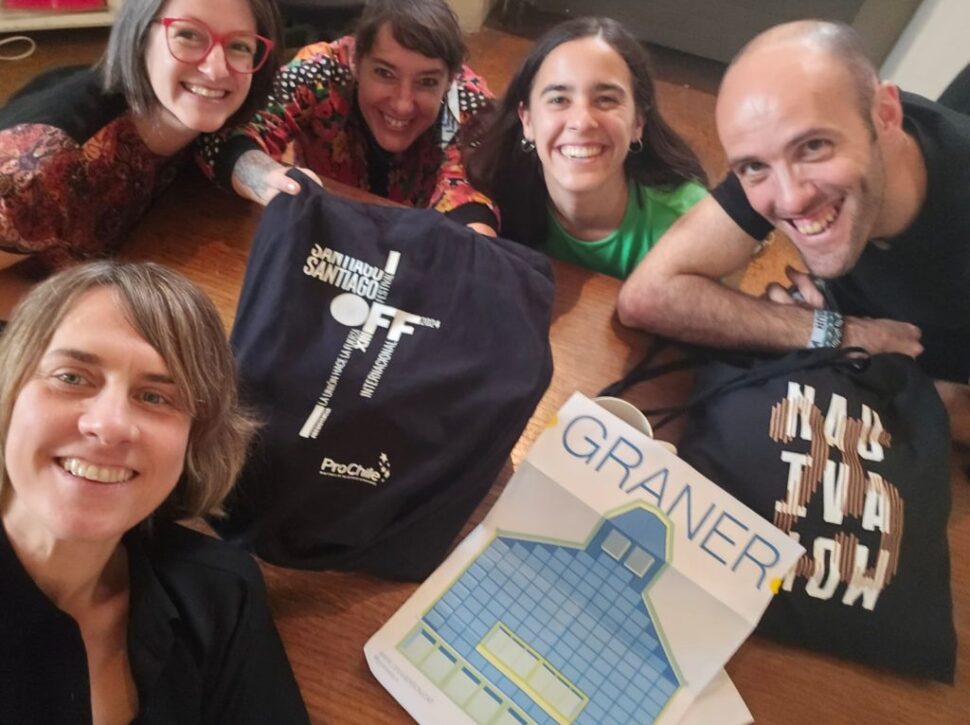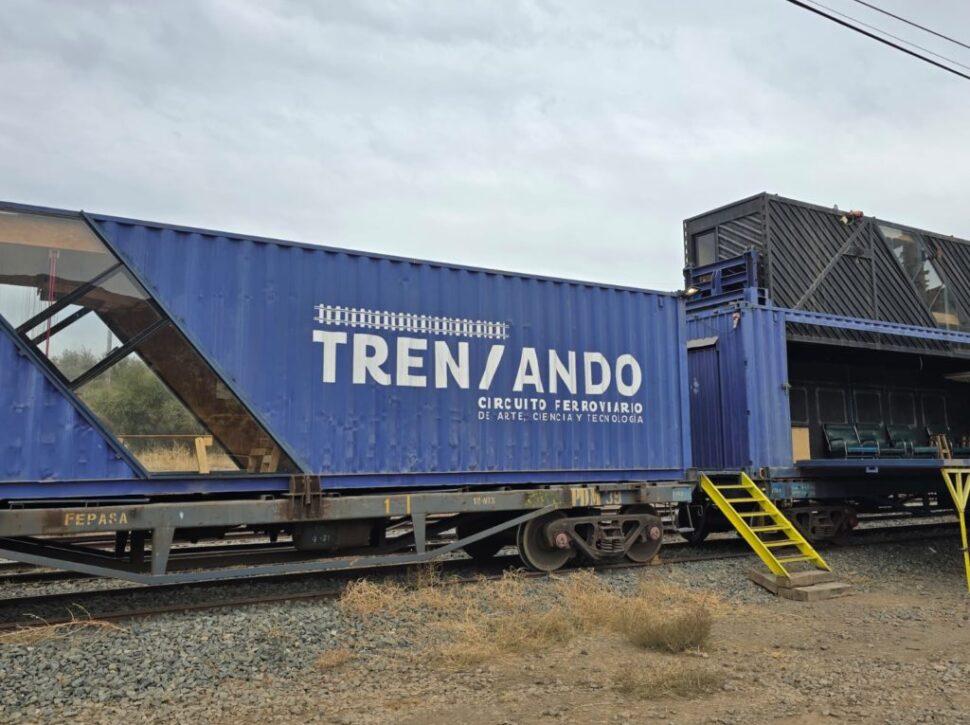Graner has participated for the first time in MICSUR from April 17 to 20, 2024, invited by the Secretariat of Creative Economy of the Ministry of Culture, Arts and Heritage of Chile, with Carolina Pereira at the helm. MICSUR is an international meeting context to think together about cultural management and policies, a space for the exchange of cultural products and services, focused on South America and with international guests.
In this context, Graner participated on Friday the 19th in the round table “Cultural consumption and audiences in current contexts” together with Javier Ibacache (programming director of CEINA, Chile), Ariel Stolier (programming and production director of Paseo la Plaza , Argentina), Alex Paredes (cultural manager and author of the book “Diversificar. Ingresos multiples para creadores”, Chile) and Sebastián Cartajena (artistic director of the Chilean Film Festival FECICH and founder of the Escuela de Espectadores de Cine de Quilpué, Chile) . Likewise, we also participated in different project rounds to present the lines of support for the creation of Graner and learn about other equipment and projects linked to dance, internationalization and cooperation.
The participation in MICSUR was completed with meetings and visits to the context of the creation of dance and live arts in Santiago de Chile, visiting spaces such as Nave, Espacio Checoslovaquia, Centro Cultural Estación Mapocho (home of the Santiago Off festival), GAM, Centro Cultural Matucana 100 and Centro Cultural de España. Enriching dialogues where you can explain Graner’s current project and begin to weave paths of complicity for future collaborative projects.
Closing the trip to Chile we had the opportunity to learn about the festival Hecho en Chile, of creative ecosystems. A festival promoted by a cooperative formed by different profiles of the performing arts, with Eduardo Luna at the head. In its second edition, which took place from April 20 to 23, the festival moved to the commune of Til Til, to learn about several initiatives such as Trenzando, a platform for territorial cooperation, based on the reuse of the railway system. Made in Chile has gathered a dozen international programmers to share their programming, which is nourished by artistic pieces that dialogue with recent social aspects, urgent topics and content that resonates in the territory.





